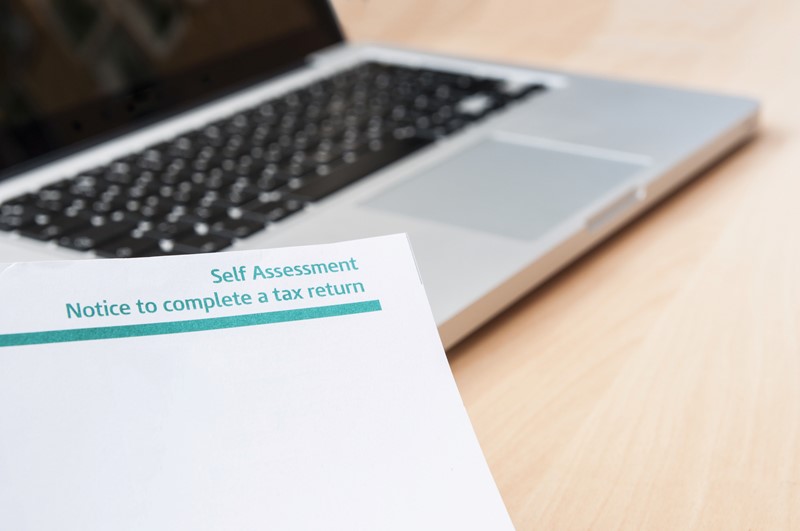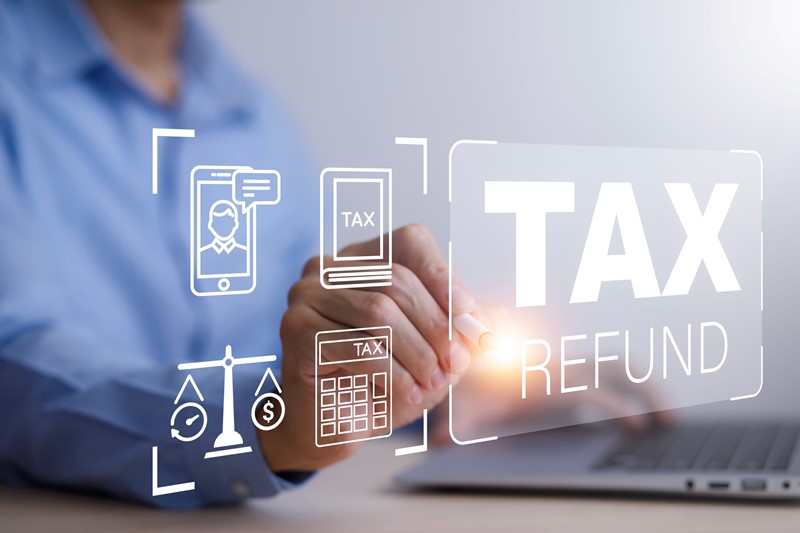How to claim child benefits

An application to claim child benefits can usually be made 48 hours after you have registered the birth of your child, or once a child comes to live with you. An application for child benefit can be
Who needs to file a self-assessment tax return

There are several reasons why you might need to file a self-assessment tax return. This could apply if you are self-employed, a company director, have an annual income over £150,000, or receive income
HMRC reminder for self-employed and landlords

If you have not yet checked whether you need to use Making Tax Digital (MTD) for Income Tax, you should do so urgently. HMRC has issued a timely reminder that for many self-employed and landlords the
Check how to claim a tax refund

If you believe that you have overpaid tax to HMRC, you may be entitled to claim a tax refund. Overpayments can occur for a variety of reasons, including changes to employment, incorrect tax codes or
31 January deadline met by more than 11.48 million people

HMRC has confirmed that more than 11.48 million people submitted their 2024-25 self-assessment tax returns by the 31 January deadline. This included 475,722 taxpayers who left their filing until the
Car and travel costs if self employed

If you are self-employed, it is important to understand which car and travel costs can be claimed.
You can claim allowable business expenses for car, van, or travel costs, which reduce your taxable
MTD for Income Tax – check if and when you need to use it

If you have not yet checked if and when you need to use Making Tax Digital (MTD) for Income Tax, you should do so as a matter of urgency. This is because from April 2026 the way many individuals
Saving tax using the Marriage Allowance

If one partner earns under £12,570, you could transfer part of their unused personal allowance and cut your tax bill by up to £252 a year.
The Marriage Allowance applies to married couples and civil
Struggling to meet tax payments this month?

With the balancing payment and first payment on account both due on 31 January 2026, it is worth checking your options early if funds are tight.
The final balancing payment for the 2024-25 tax year
Basis period reform – spreading rules for payment

If your business has transitional profits from basis period reform, spreading over five years may reduce the cash flow impact, but it is important to understand the deadlines.
The self-employed basis



